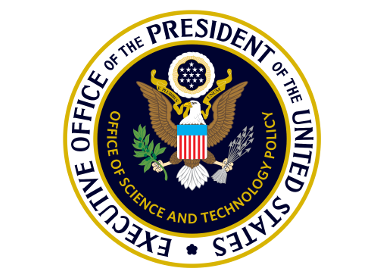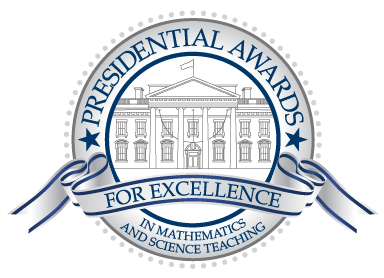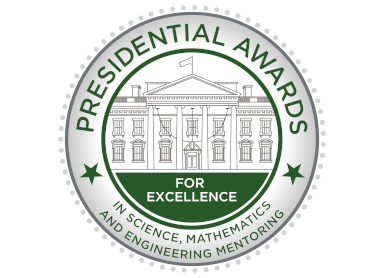Lynnea Shafter
Meridian, ID | K-6, Science, 2016

What motivates you to contribute to excellence in STEM teaching?
I am motivated by the belief that every student regardless of age, background, or ability deserves meaningful access to STEM experiences that are relevant, rigorous, and inspiring. As a K–5 STEM specialist, I have the unique opportunity to spark curiosity early and often, planting seeds of inquiry that grow into confident problem-solving and critical thinking. T
What has been the most transformative moment that affirmed your impact on STEM education?
One of the most transformative moments in my STEM teaching journey was taking a group of students to the Kennedy Space Center after they completed a series of inquiry-based challenges for a simulated Mars mission. Seeing their eyes light up as they connected their classroom learning to real-world space exploration reaffirmed the power of hands-on, purpose-driven STEM education. Parents and students frequently reach out to express how much the class meant to their child/them and not just academically, but in building confidence, curiosity, and a love of learning. That sustained engagement and excitement tells me that the work we do in elementary STEM is foundational and lasting.
Using your platform as a Presidential Awardee, how do you hope to advance our nation in STEM?
As a Presidential Awardee, I hope to elevate the voices of elementary STEM educators and highlight the powerful role early STEM experiences play in shaping future innovators and problem solvers. I want to advocate for developmentally appropriate, equity-focused STEM instruction that begins in kindergarten and not just to build skills, but to cultivate confidence, curiosity, and collaboration from the start.
Biography
Lynnea Shafter brings over 25 years of diverse teaching experience, including roles in alternative education and middle school science. For the past twelve years, she has served as the K–5 STEM specialist at Barbara Morgan STEM Academy. Her instructional approach is grounded in inquiry-based and project-based learning, with an emphasis on real-world application, respectful dialogue, and critical thinking across all grade levels. Lynnea fosters innovation through the integration of coding and AI exploration in the elementary setting with tools that encourage students to collect data, design devices, and build foundational computing skills. Her lab routinely features engineering design challenges, career-readiness activities, cross-curricular projects blending art and science, and problem-based learning strategies. These experiences give students the opportunity to design solutions, collaborate, and communicate effectively while exploring STEM from multiple perspectives. She extends this work beyond the classroom by leading after-school coding camps and supporting school wide STEM events such as Family Engineering Nights. She is also an active leader within her school and district, facilitating professional development and contributing to STEM and technology integration initiatives. Her work continues to be recognized by parents, peers, and students for its lasting impact and engaging, forward-thinking approach. Lynnea earned her B.A. in Criminal Justice from California State University, Long Beach. She completed her teaching program at California State University, Dominguez Hills and holds certification in Kindergarten through 8th Grade Elementary Education for all subjects. She also has a Natural Science endorsement for grades 6–9.
High-resolution version of the official portrait photograph
Awardee holding Presidential certificate between Deputy Assistant to the President and Deputy U.S. Chief Technology Officer, Michael Kratsios, and National Science Foundation Director, Dr. France A. Córdova.
High-resolution version of the teacher profile photograph
The views expressed in awardee profiles are those of the author and do not necessarily reflect the views of NSF or the PAEMST program.



